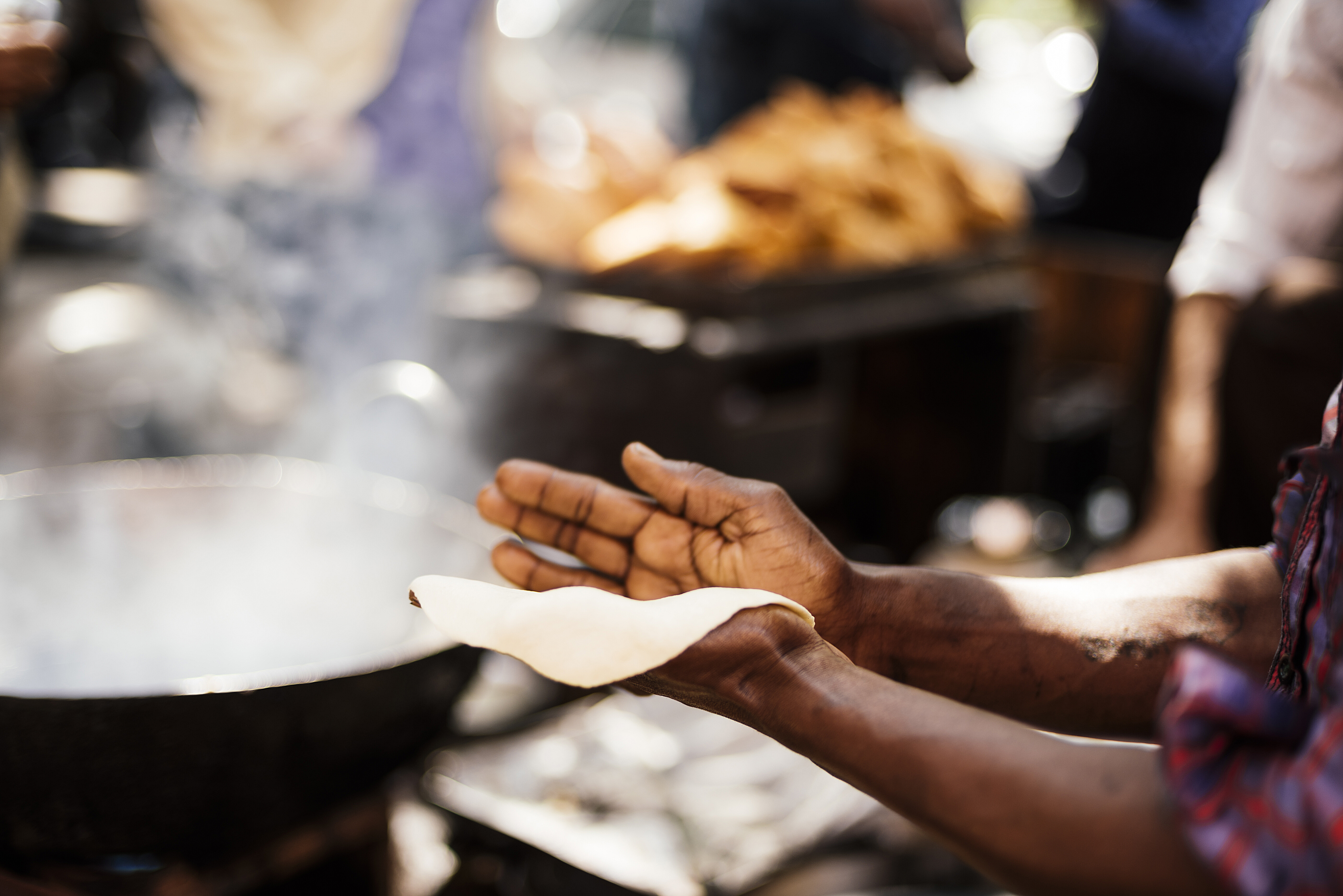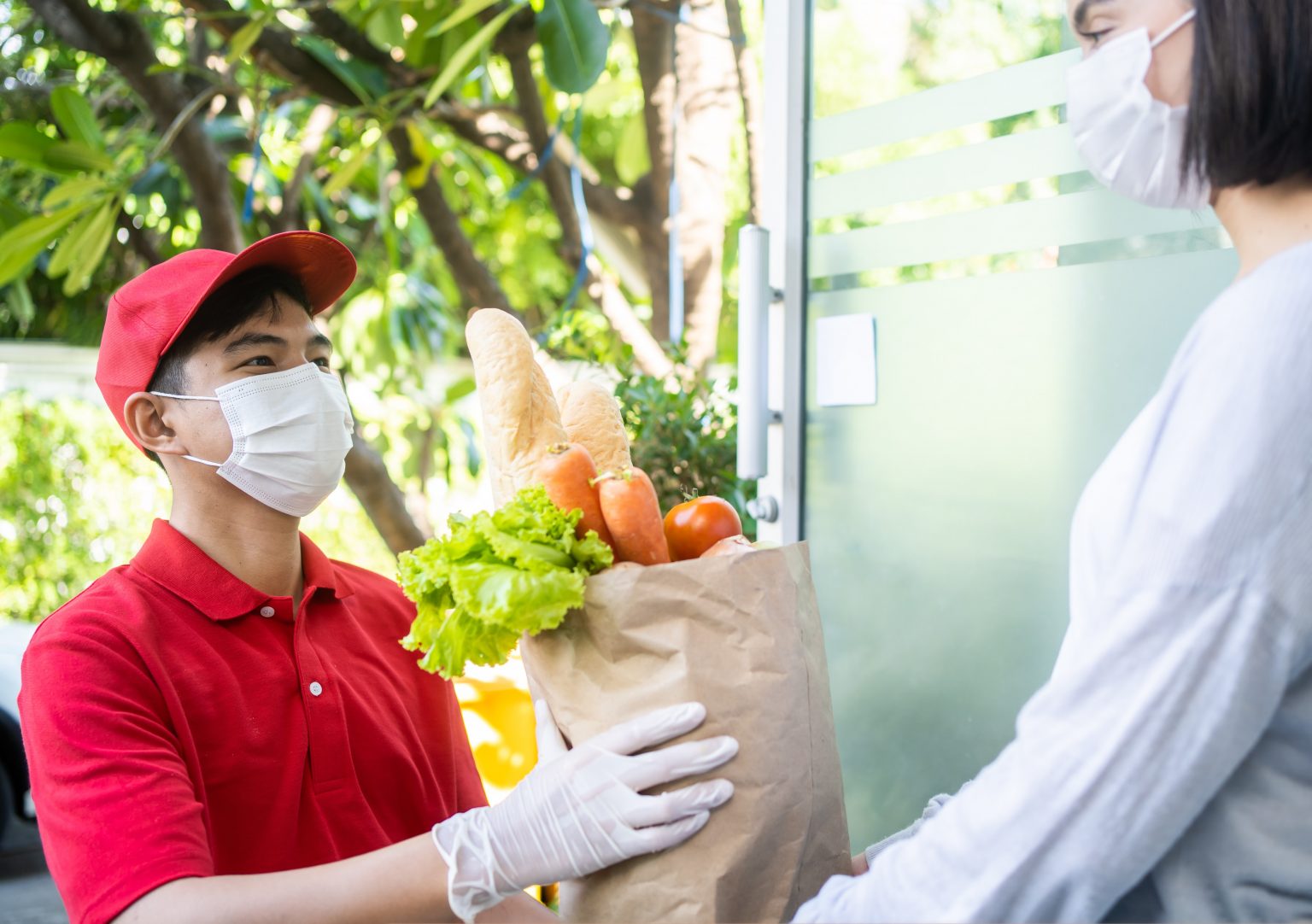Last Updated on December 13, 2024 by Admin
India is one of the largest consumers of street foods in the world. It is an exciting avenue that provides consumers with a wide range of tasty foods at an affordable price. However, as food safety and hygiene concerns rise, it has become important to keep street food as safe and hygienic as possible. The FSSAI of India has taken a major step in the right direction, such as the removal of the registration fee for hawkers, which will enable them to regulate their business without the pressure of fees. FoSTaC training for street food vendors is another step towards a healthy India. This blog will discuss the significance of this step and how side effects will be experienced by hawking, food hygiene, and the food sector.
Understanding FSSAI’s Registration Fee Waiver for Hawkers
Street food vendors and small hawkers in India interested in enhancing effective food safety practices at the pyramid’s base have been exempted from the FSSAI registration fee by FSSAI. This means that these individuals can now register and receive their FSSAI certification randomly with no need to incur the usual large fee. This is a breakthrough for hundreds of thousands of street vendors who could never afford to legalise their food-selling business due to the cost of the FSSAI certificate.
Street vendors who feed the entire country’s population often do it on very little capital, which equates to the previous food licence registration fees being expensive. By eliminating this factor, FSSAI hopes to extend the drive for food hygiene and responsibility to even the most rudimentary traders in the country.
The Role of FoSTaC Training in Food Safety
While eliminating the FSSAI food licence fees is a great start, FSSAI has also prioritised FoSTaC training (Food Safety Training and Certification) for food handlers. This training is designed to provide vendors with the knowledge and skills to prepare, handle, and serve food safely.
The FoSTaC training program is useful since it informs vendors on hygiene, proper handling, storage, and avoidance of contamination. Since street foods are consumed under any weather element and often cooked with minimal access to wash basins, FoSTaC training provides tactical knowledge to hawkers on how best to keep clean.
FSSAI offers the FoSTaC program at different levels: the online FoSTaC advance course appeals to all who wish to have more detailed knowledge about food safety protocols. This lets hawkers introduce themselves to safe food practices and increases hawkers’ confidence and knowledge to carry out a safer food business.
Why Hygienic Food Matters in Street Food?
Vendors selling their products on the streets are very close to dust, pollution, and weather changes, which affect food quality or hygiene. This makes food hygiene to be an important factor. Consumers and their families do not suffer from food-borne diseases, and most importantly, everyone feels safe because the food they consume is clean. Due to the increasing consumer concern for quality and hygiene in street foods, it is very important to keep the industry alive.
The elimination of FSSAI food licence fees and the mandate for FoSTaC training highlight FSSAI’s commitment to ensuring that street food vendors adhere to the same standards that apply to restaurants. This initiative aligns with FSSAI’s broader goals to create a uniform standard for food safety in India, making hygienic street food accessible to all.
Read Also: 10 Key Importance of Food Hygiene at Home and Outside
Impact of Waiving FSSAI Certificate Costs on Hawkers
The waiver of the FSSAI certificate cost for hawkers has had a positive impact. First, this step has made compliance available to thousands of vendors who could not previously afford the food licence registration fees. This aids in expanding the FSSAI database of vendors in the country since many of those operating in the informal food sector will be regulated.
Instead of spending money on FSSAI food hawker licences, the money can be channelled to vital aspects such as food storage gloves or even training programs. This financial independence, when equipped with FoSTaC training, enables hawking enterprises to enhance their cognitive understanding of food hygiene and record business success and productive expansion.
FoSTaC-Trained ‘Karigars’ – Why Skilled Food Handlers Are Key
Vendors and small food sellers, locally known as ‘karigars’, are crucial in India because of their skilled approach to preparing delicious food. Many of these karigars are great cooks, but they lack knowledge in several areas which could be taught to them, such as food hygiene. FoSTaC training helps these vendors acquire knowledge of hygiene measures to minimise contamination risks, thus protecting public health.
Even small vendors can take the online FoSTaC advanced course and learn at home or anywhere without attending classes during working hours. Professional and experienced karigars provide extra benefits to the food they prepare and deliver; hence, they can claim more market share and credibility, considering that food hygiene issues continue to be an area of concern in the market.
Food Safety and Hygiene for Public Health
Protecting the general public from hazardous foods is not a bureaucratic issue but a necessity. Food hygiene negligence can increase the incidences of food-borne diseases, which pose great danger, particularly to children, the elderly and immunocompromised individuals. Thus, based on the street food sellers’ training and education done by FSSAI under the initiative FoSTaC, the organisation helps enhance people’s health.
In the End
The Food Industry Capacity and Skill Initiative (FICSI) is essential in building food safety and hygiene awareness and training within the industry. By collaborating with FSSAI to support programs like FoSTaC training, FICSI is helping karigars gain critical skills to meet modern food safety standards. As FICSI continues to offer skill-building resources and training, hawkers can further enhance their capabilities, creating a safer and more reliable street food culture in India.













